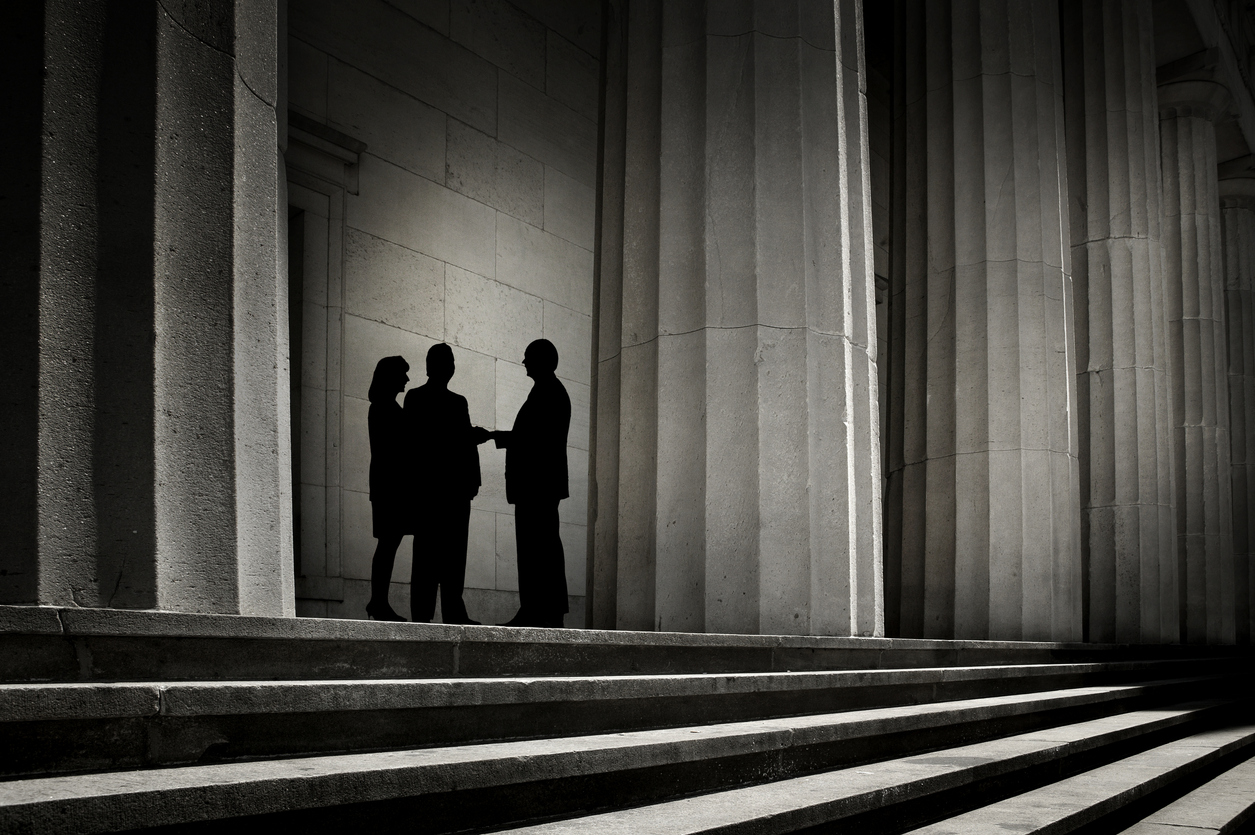Book publisher issues compromise on newspeak agenda for children

Book publisher Puffin Friday announced a modification to its plan to rewrite British author Roald Dahl's children’s classics with globalist newspeak and censor parts of the texts.
Puffin and the Roald Dahl Story Co., which manages Dahl’s works, had made the decision to censor the books. The two companies have been working with an organization called Inclusive Minds, which monitors children’s books for unapproved speech.
In “Charlie and the Chocolate Factory”, for instance, Augustus Gloop is no longer “fat” but “enormous”. Oompa-Loompas are no longer “small men,” they are “small people”. Similarly, the Cloud-Men in “James and the Giant Peach” are now “Cloud-People”.
The following sentence was completely removed:
“Mike Teavee himself had no less than eighteen toy pistols of various sizes hanging from belts around his body, and every now and again he would leap up into the air and fire off half a dozen rounds from one or another of these weapons.”
The witty foxes in “Fantastic Mr. Fox” have been changed to female. In “Matilda”, a reference to renowned male author Rudyard Kipling has been removed, and a reference to famed female author Jane Austen has been added. “Eight nutty little idiots” have become “eight nutty little boys”.
The “fat little brown mouse” in “The Witches” is now a “little brown mouse”. The sentence, “‘Here’s your little boy,’ she said. ‘He needs to go on a diet’,” has become, “Here’s your little boy.”
A description in “Matilda” of Miss Trunchbull’s “great horsey face” has now just become her “face”. Where a character “turned white”, they now “turned pale”.
In “James and the Giant Peach,” Miss Spider’s head is no longer described as black, and neither are the two black tractors mentioned in the story. The Earthworm, instead of having “lovely pink skin”, now has “lovely smooth skin”.
In “The Twits,” Mrs. Twit is no longer “ugly and beastly” but “beastly,” and a “weird African language” is no longer weird.
In “The Witches,” the narrator asks, “‘But what about the rest of the world?’ I cried. ‘What about ‘America and France and Holland and Germany? And what about Norway?’” The sentence has now been censored to remove the names of the countries.
But after significant backlash which included a report by Frontline News, Puffin's umbrella corporation Penguin Random House announced it will continue to publish the original texts in print so that readers have a “choice”.
“We’ve listened to the debate over the past week which has reaffirmed the extraordinary power of Roald Dahl’s books and the very real questions around how stories from another era can be kept relevant for each new generation,” said Penguin Random House Managing Director Francesca Dow in a statement.
“We also recognise the importance of keeping Dahl’s classic texts in print. By making both Puffin and Penguin versions available, we are offering readers the choice to decide how they experience Roald Dahl’s magical, marvellous stories.”
“Roald Dahl was no angel but this is absurd censorship. Puffin Books and the Dahl estate should be ashamed,” commented author Salman Rushdie on the decision to rewrite the classics.
Even globalist UK Prime Minister Rishi Sunak opposed the censorship.
"When it comes to our rich and varied literary heritage, the prime minister agrees with the BFG that you shouldn't gobblefunk around with words," said a spokesman for the prime minister Monday, using a word coined by Dahl.
The selective censorship of classic content is also used by the Chinese Communist Party (CCP), which censored films like “Minions: The Rise of Gru” and “Fight Club” to show the protagonists being caught by law enforcement.




